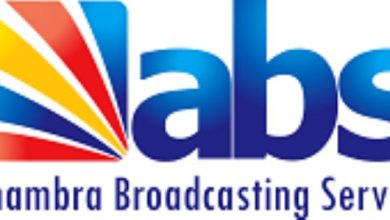
Our correspondent
Nigeria’s telecommunications sector have received a significant boost as Vitel Wireless Limited, the country’s newest licensed Mobile Virtual Network Operator (MVNO), announced the nationwide launch of its network services.
Beginning August 1, the company will release an initial batch of 50,000 SIM cards and eSIMs across all 36 states and the Federal Capital Territory.
According to the company, the initial distribution will target selected subscribers, with a focus on ensuring reliable, affordable and high-quality connectivity to both urban and rural communities.
Over half of the SIMs will be available at authorised retail outlets, airport kiosks and mobile kiosks, with Know Your Customer (KYC) registration carried out through the National Identity Management Commission’s new SIM-NIN platform.
The remainder will be allocated to customers for specialised services including Internet of Things (IoT) devices, artificial intelligence–powered home security systems (iSEEYOU), employee performance tracking tools (Oga-App) and other location-based services such as SecurMe and Push-My-Location.
The company says this initial phase will allow it to test its network, optimise its roaming partnership with MTN, and make adjustments ahead of a full commercial launch scheduled for the second quarter of 2025.
According to a statement made available to our correspondent, the Executive Chairman of Vitel Wireless Limited, Engr. Kenneth Nwabueze, described the development as a major step towards expanding access to digital services.
“We are excited to bring Vitel Wireless’s innovative services to Nigeria, a vibrant and dynamic country with immense potential. Our goal is to deliver dependable connectivity that enables Nigerians to connect, communicate, and thrive in the digital age. This rollout is just the beginning—we look forward to expanding our services and making a positive impact across the nation,” he said.
Licensed by the Nigerian Communications Commission (NCC), Vitel Wireless operates as an MVNO, leveraging the infrastructure of existing mobile network operators to deliver voice, SMS and data services nationwide. In addition to conventional telecom offerings, the company aims to deploy emerging technologies such as IoT, artificial intelligence and data-driven applications to improve mobile experiences and close the digital divide in underserved areas.
Industry analysts see the rollout as a sign of increasing competition in Nigeria’s telecom market, which currently serves more than 200 million subscribers.



